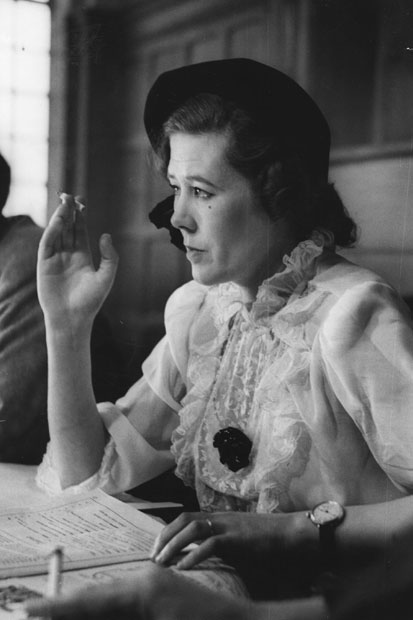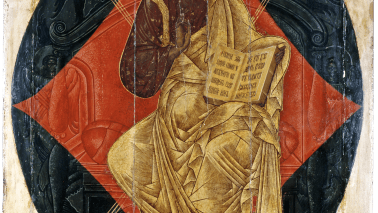This book charts the rise and fall of one of the strangest power couples of modern times. The senior partner was initially Pam Johnson, a rising literary star, 28 years old and happily married with five novels under her belt and a fiction column on the Liverpool Post, when she singled out a novel by an obscure Civil Service scientist called C.P. Snow. He responded with a fan letter assuring her she could if she wanted ‘become quite easily the best woman writer in the world’.
Snow at 35 was tubby, pop-eyed and lumbering but his effect on her was electric, ‘like a current of magic energy’. She hailed his next novel as a masterpiece, and was as shocked as he was by the disobliging view taken elsewhere of what Anthony Powell in the TLS called ‘a painstaking and reliable account of university life’. By this time Snow himself reckoned he could hold his own with Flaubert and Turgenev, if not yet level with Tolstoy or Dostoevsky.
The pair were already planning what became their lifelong campaign to save the nation by rescuing the novel from extinction at the hands of delinquents like Simon Raven (‘a pansy with rabies’), Bernard Levin (a snake) and F.R. Leavis (‘Ass Leavis’). ‘We must get it into the heads of the public that we are Bigger & Better intellectually,’ Johnson said firmly to Snow. If she was the more aggressive campaigner, he supplied intellectual drive and ponderous purpose, dinning into her the need for popular success so as ‘to get hold of our steady 30,000 public — which is what we must have’.
But Snow himself was getting nowhere. Then the third novel in his projected grand survey of the contemporary condition managed to make runner-up to a Book of the Month in 1949, he felt ‘like Aeschylus receiving fourth prize in the Greek drama festival’.








Comments
Join the debate for just £1 a month
Be part of the conversation with other Spectator readers by getting your first three months for £3.
UNLOCK ACCESS Just £1 a monthAlready a subscriber? Log in